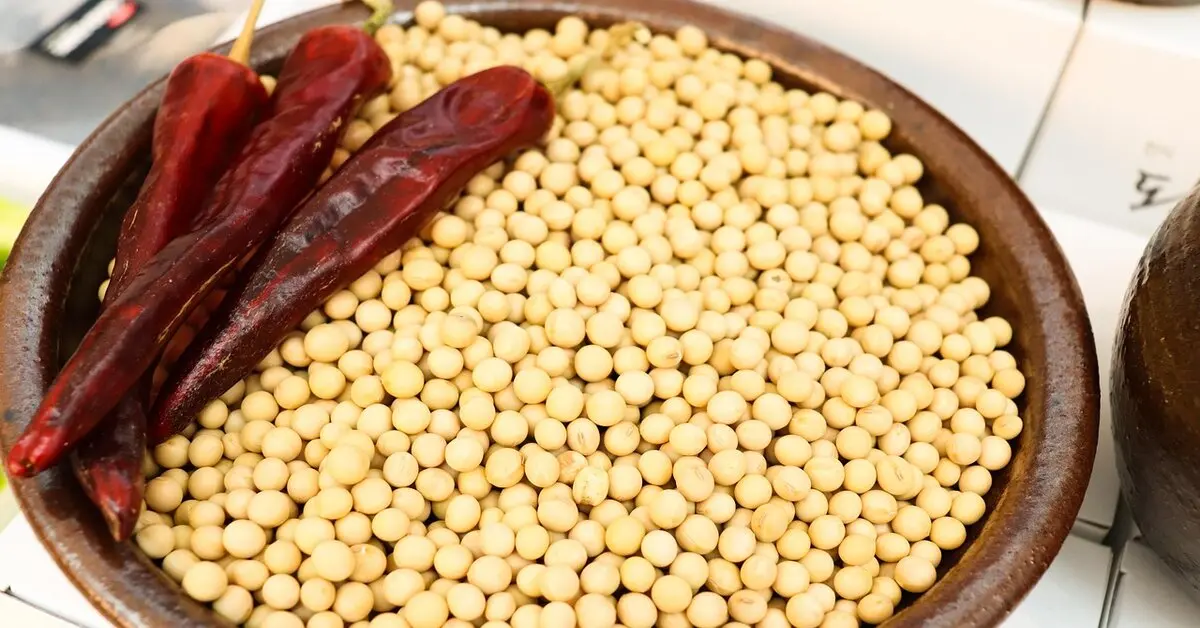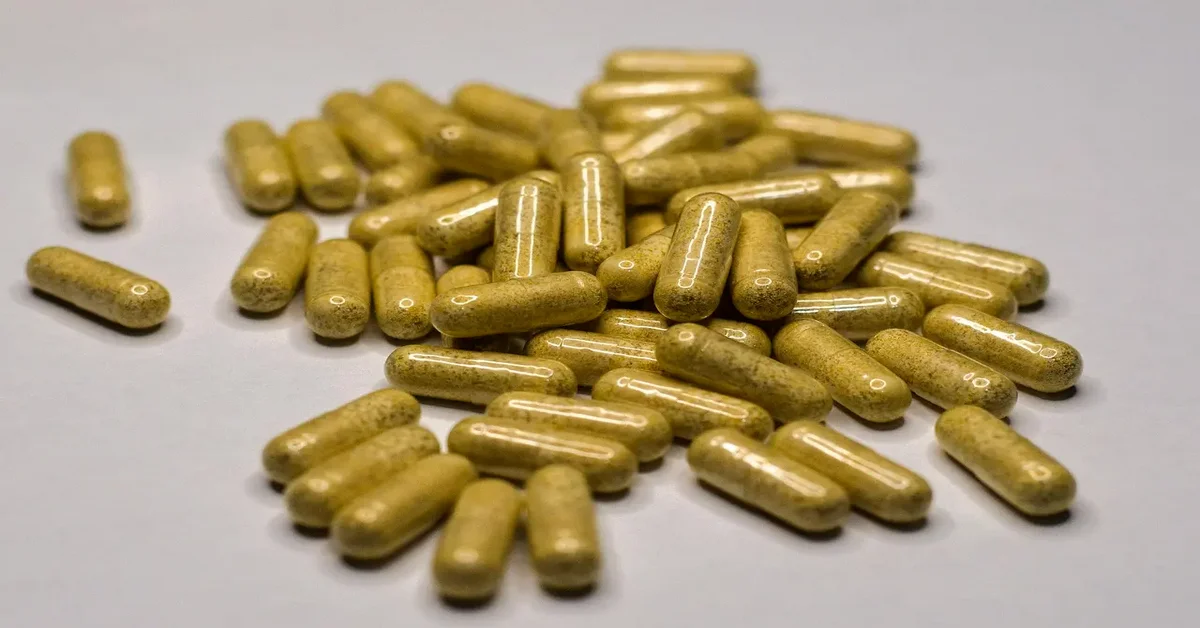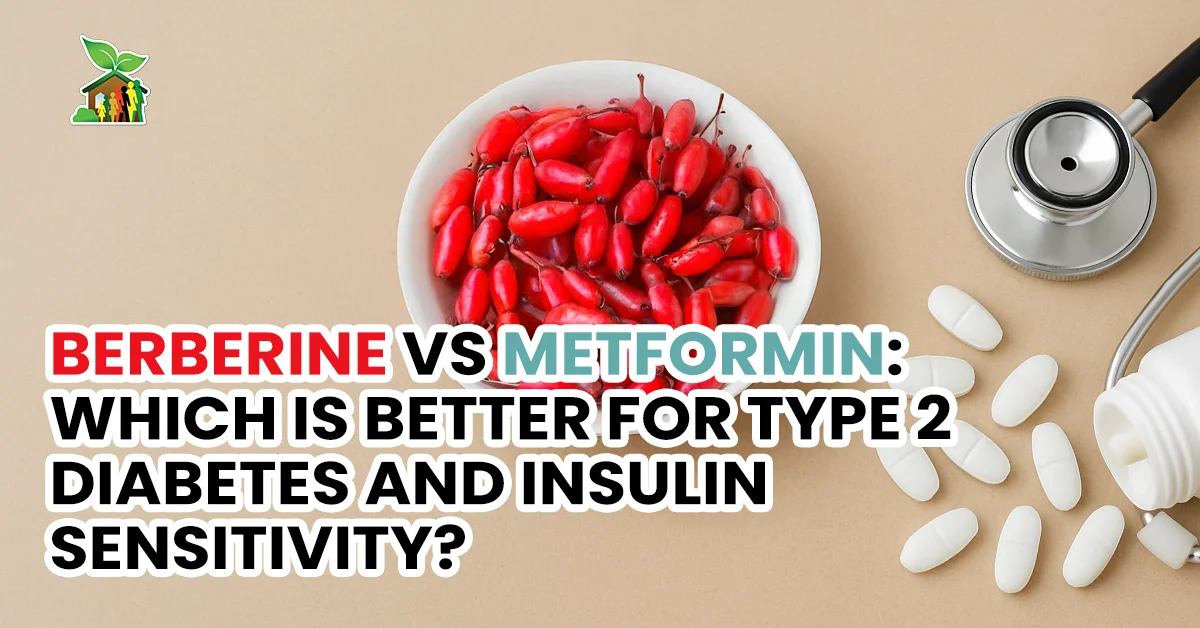Table of Contents
- 1 How Adipose Fat and UCP1 Influence Cancer Cells And What Nutrients Can Help
- 2 What Is Adipose Fat and Why Is It Important in Cancer?
- 3 What Is UCP1 and How Does It Work?
- 4 How Adipose Fat and UCP1 Work Together
- 5 Natural Nutrients That May Support Healthy Fat and Cellular Function
- 6 What Are the Best Supplements for Cancer Cell Support?
- 7 Can You Boost UCP1 Naturally?
- 8 Final Thoughts and Takeaway
How Adipose Fat and UCP1 Influence Cancer Cells And What Nutrients Can Help
Some tissues in our bodies do more than store energy; they influence how diseases progress.
Fat tissue, or adipose fat, plays a surprising role in how certain cancer cells grow, spread, and survive.
Scientists are also paying close attention to a protein called UCP1 (often written mistakenly as UPC1), which is mostly found in fat cells and may impact tumor behavior.
This matters because understanding the link between adipose fat and cancer opens up new ways to support the body’s defenses naturally. It also gives us insight into how specific nutrients, such as fish oils, green tea, and resveratrol, may help create an environment less favorable for cancer to thrive.
Let’s break it down in clear terms.
What Is Adipose Fat and Why Is It Important in Cancer?
Adipose tissue is a type of body fat made up of fat cells called adipocytes.
It’s often thought of as just “extra weight,” but the reality is that this fat is biologically active. It stores energy, releases hormones, and sends out chemical signals that influence many processes in the body, including cancer.
There are three main types of fat:
- White adipose tissue (WAT): The most common kind, used for storing energy.
- Brown adipose tissue (BAT): More active; it burns energy and produces heat.
- Beige adipose tissue: Somewhere in between, capable of turning on energy-burning features under certain conditions.
Brown and beige fat are where UCP1 comes into play. We’ll get to that shortly.
Now, when it comes to cancer, research has found that fat tissue isn’t just sitting there. In fact, it can actually support cancer cells in several ways.
1. It feeds tumors.
Fat cells release fatty acids, which can be taken up by nearby cancer cells and used as fuel. These lipids help tumor cells grow, divide, and even resist treatments.
2. It releases inflammatory signals.
Adipose tissue, especially in people with obesity, releases pro-inflammatory cytokines and other molecules like TNF-alpha and IL-6. Chronic inflammation has long been tied to cancer development.
3. It changes the environment around tumors.
Fat tissue near a tumor, known as the tumor microenvironment, can create ideal conditions for cancer to spread. This includes promoting new blood vessel growth (angiogenesis) and making cancer cells more resistant to cell death.
According to research from Nature Reviews Cancer, obesity and excess adipose tissue are now well-established risk factors for several cancers, including breast, colorectal, and pancreatic cancer. These findings show that adipose fat and cancer are closely connected, not just in terms of risk, but in how cancer behaves inside the body.
What Is UCP1 and How Does It Work?
UCP1 stands for Uncoupling Protein 1. It’s found mainly in the mitochondria of brown and beige fat cells. These are the fat cells responsible for thermogenesis, the process of producing heat by burning calories.
UCP1 essentially uncouples energy production in mitochondria. Instead of converting fuel into ATP (cellular energy), it allows energy to be released as heat. This is helpful in regulating body temperature, especially in cold environments.
So, what does this have to do with cancer?
Emerging research shows that UCP1 and cancer cells may have an interesting relationship. Studies from Nature Biotechnology have shown that when fat cells are engineered to overexpress UCP1, they become hypermetabolic, meaning they burn through nutrients faster. When these UCP1-boosted fat cells are placed near tumors in lab models, something surprising happens: the tumor starts to shrink.
That’s because the UCP1-rich fat cells compete with cancer cells for nutrients like glucose and fatty acids. Cancer cells, especially aggressive ones, need a lot of energy to grow. If nearby cells are burning through that fuel faster than the tumor can access it, the tumor becomes starved and weak.
In other words, enhancing UCP1 activity may change the battlefield, tilting the balance against the tumor.
Researchers have even begun to explore transplanting modified adipose tissue with higher UCP1 expression near tumors. In early animal models, this approach significantly slowed down tumor growth. While these are still experimental treatments, they point to a fascinating concept: we might be able to use the body’s own fat tissue, when altered, as a weapon against cancer.
How Adipose Fat and UCP1 Work Together
The relationship between adipose fat and cancer is clear: fat tissue can support cancer by supplying fuel and encouraging inflammation. But UCP1 offers a twist.
When UCP1 is active, it changes how fat cells behave. They stop hoarding energy and start burning it. This shift has two potential benefits in a cancer context:
1. It starves cancer cells.
Tumors near UCP1-active fat cells have less access to glucose and fatty acids. Since cancer thrives on these nutrients, it struggles to grow in this environment.
2. It changes the signaling environment.
UCP1 activity is associated with healthier mitochondrial function and reduced inflammation. These changes make it harder for tumors to manipulate their surroundings.
This is why research into UCP1 and cancer cells , or correctly, UCP1, is gaining traction. It’s not just about targeting the tumor. It’s about changing the landscape around it.
Natural Nutrients That May Support Healthy Fat and Cellular Function
Now that we understand the roles of adipose fat and UCP1 in cancer biology, it’s worth asking: are there natural ways to support this system?
While we’re not claiming any of these supplements treat or cure cancer (and legally we can’t), some nutrients have been studied for their ability to support fat metabolism, reduce inflammation, and influence the same pathways involved in fat–tumor interactions.
Here are three that stand out:
Green Tea (EGCG)
Green tea is rich in polyphenols, especially epigallocatechin gallate (EGCG).
Extensive studies highlight this compound’s potential antioxidant and anti-inflammatory properties.
In cancer-related research:
- EGCG has been shown to inhibit angiogenesis (the growth of new blood vessels that feed tumors).
- It may also reduce fatty acid synthesis — a key fuel source for many cancers.
- According to a study published in Molecular Nutrition & Food Research, green tea catechins significantly enhanced UCP1 expression in brown adipose tissue and increased energy expenditure in mice. These effects suggest that green tea could support thermogenesis and metabolic health by activating the same UCP1 pathways involved in fat and cancer cell metabolism.
There is even early evidence that green tea can boost metabolism, especially when combined with moderate exercise. This makes it a strong candidate for supporting fat health naturally.
You can check out our Green Tea supplement on Whole Family Products to explore its benefits further.
Resveratrol
Resveratrol is another antioxidant found in grapes, berries, and red wine.
It has gained attention for its anti-aging and anti-inflammatory properties.
But more recently, scientists have explored its impact on cancer metabolism. Resveratrol may help by:
- Activating AMPK, a key energy-sensing enzyme that promotes fat burning and improves mitochondrial function.
- Inhibiting the enzyme fatty acid synthase (FASN), which many cancer cells rely on to grow.
- Reducing inflammatory markers like TNF-alpha and IL-6, which are often high in tumor environments.
According to a study published in Cell Metabolism, resveratrol mimicked the effects of calorie restriction, improved mitochondrial function, increased aerobic capacity, and stimulated pathways involved in energy metabolism. These changes suggest that resveratrol may support a fat-burning, metabolically efficient state, potentially making it harder for cancer cells to thrive in such an environment.
Fish Oils (Omega-3 Fatty Acids)
Omega-3s, especially EPA and DHA from fish oils, are some of the most well-researched nutrients for inflammation and heart health. But they also play a role in fat metabolism and cancer support.
Research has shown that omega-3s:
- Reduce pro-inflammatory cytokines that contribute to cancer progression.
- Support healthy fat metabolism and mitochondrial activity.
- May even reduce the risk of certain cancers when consumed regularly over time.
According to a 2019 study published in Nutrients, omega-3 PUFAs play a critical role in resolving inflammation, modulating immune responses, and reducing cancer-related complications like cachexia, pain, and depression. The authors also noted that omega-3s influence fat browning and support better energy regulation, both of which are relevant when looking at how UCP1 is expressed in brown or beige adipose tissue.
What Are the Best Supplements for Cancer Cell Support?
While no supplement replaces proper medical care, certain nutrients, including green tea, resveratrol, and fish oils, may support the body in ways that make it harder for tumors to thrive.
In terms of supplements for cancer cell support, these options offer potential benefits:
- Modulating fat metabolism and thermogenesis (green tea, resveratrol)
- Lowering inflammation in the fat and tumor microenvironment (fish oils, resveratrol)
- Supporting mitochondrial health and metabolic balance (all three)
What makes these nutrients especially interesting is that they tie back to our earlier discussion: they work on the same systems — fat tissue, inflammation, nutrient balance — that influence how tumors grow and survive.
Can You Boost UCP1 Naturally?
There’s no supplement that directly turns on UCP1 the way genetic modification does in lab experiments. However, certain natural practices and compounds may help:
- Cold exposure – Being in a cooler environment can stimulate brown fat activity and UCP1 expression.
- Exercise – Regular movement encourages beige fat formation.
- Calorie restriction or intermittent fasting – These may also support thermogenic fat.
- Green tea and resveratrol – As discussed above, both show potential for encouraging fat browning and better metabolic function.
- Essential oils – Whether defusing or using on the skin, even in water for some, essential oils can be an easy way to incorporate UCP1 factors into your lifestyle. Peppermint, grapefruit and cinnamon EOs have been studied and highlighted as possible uncouplers.
While more research is needed, these methods align with how UCP1 works, and may help the body maintain a less cancer-friendly internal environment.
Final Thoughts and Takeaway
The connection between adipose fat and cancer is deeper than most people realize. Obesity and stress levels are at the top of possible connections in cancer research.
That’s why more attention is being given to natural nutrients for cancer, which may help support the body’s own ability to manage fat tissue, inflammation, and energy use.
Natural nutrients like green tea, resveratrol, and fish oils won’t replace treatment, but they can play an important role in supporting the body’s defense systems. They offer ways to help regulate fat tissue, manage inflammation, and possibly make it harder for cancer cells to survive.
If you’re considering any of these supplements, explore the high-quality options we offer at Whole Family Products Shop. And if you have questions about interactions or how to combine them, speak with your holistic health provider.
At the end of the day, your body isn’t broken; it’s responding to the signals it’s receiving. With the right support, and with a bit of patience, it can often begin to shift back toward balance. There’s power in knowing how your systems work and even more power in partnering with them.
So take heart. You’re not just stuck with the cards you’ve been dealt. You have options, you have support, and you have natural tools that may help you feel more in control of your health journey.







